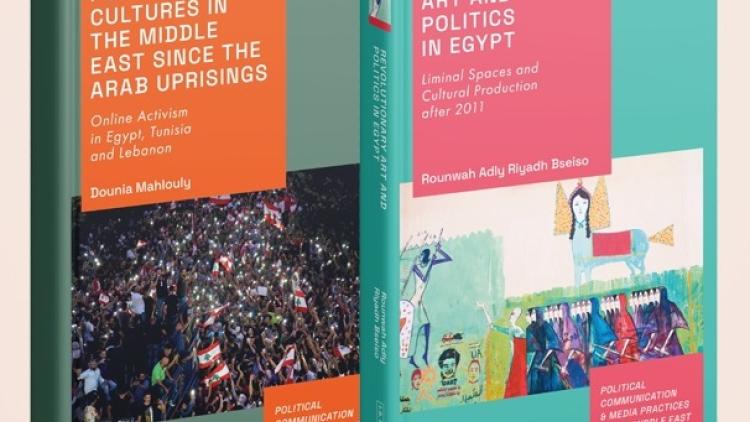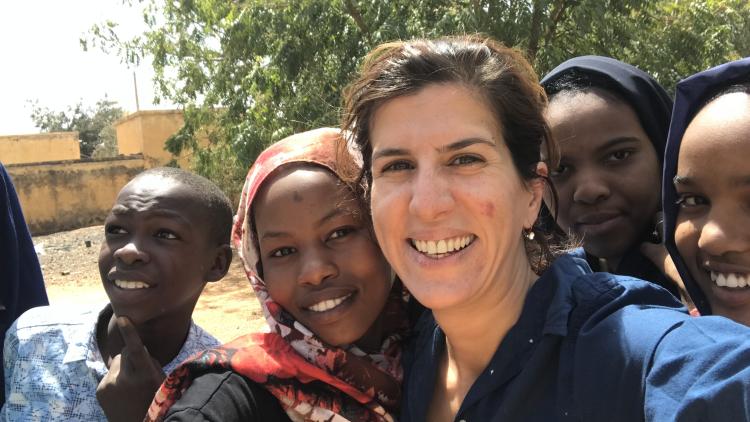Contemporary Global Issues in Media and Gender (online)

Key information
- Module code
- 15DISD235
- Credits
- 30
- Department
- Centre for Global Media and Communications
Module overview
This module introduces students to the main theoretical arguments, approaches and debates at the intersection of global media and gender studies. It will explore the history of the field rooted in Western feminist media studies, postcolonial as well as intersectional critiques, and contemporary debates in global media and gender studies.
Case studies and examples may address the following topics and issues: the online presence of feminist Afropolitan identities and the case of writer Chimamanda Ngozi Adichie; secular Iranian feminist hashtags such as #MyStealthyFreedom and Western right-wing and Islamophobic re-appropriations; the dominance of white men in war reporting; the role of algorithms in upholding racist and sexist beauty norms; ISIS online propaganda and exploitation of women; virtual dating and game apps in East Asia with a particular focus on the highly successful Chinese mobile game Love and Producer; post-feminist Muslim empowerment and international marketing campaigns such as the Nike Pro Hijab; women’s media uses in the Arab Spring; gendered representations and polymedia uses by Filipina labour migrants as well as Syrian refugees.
By addressing such case studies, and linking them to theories from cultural, gender and global media studies, this module aims to critically explore a) the gendered, racial and capitalist dimensions of whose voices – discursive and embodied – are heard, silenced or misused in diverse global media; and b) the role of (digital) media in shaping, upholding or contesting dominant gender ideals.
Objectives and learning outcomes of the module
On successful completion of this module a student will be able to:
- Acquire an informed insight into the relationship between gender and media in the digital age
- Understand the relationship between theory, practice across key issues in media and gender
- Develop the skills needed for further independent research, writing and thinking about media and gender.
- Develop the ability to think critically, with reference to theoretical and empirical (historical and/or contemporary) content about media and gender
Scope and syllabus
- Introduction I: Gendering global media dynamics: Western feminisms, postcolonial critique and intersectionality
- Introduction II: Mediating gender: Space, visibility and voice
- Representing racialised, gendered and nationalised bodies in film, advertisement and political campaigns
- Gender, self-representation and post-feminism: Diversity, global capitalism and empowerment in the digital age
- Women as producers: Female journalists and film-makers and authority over content
- Gender, apps and sexuality: Dating and gaming
- Global hashtag movements and their discontent: Feminist activisms, toxic masculinity and misogyny in digital spaces
- Women as agents of change: Media, socio-political change and moments of liminality
- Media, migration and diaspora
- Reporting war: Gender, media, race and conflict
- Gendering media and development: media infrastructures, mass media and ICT’s
- Recap: Applying a gendered lens to the study of global media and communications: Opportunities and challenges
Disclaimer
Important notice regarding changes to programmes and modules

